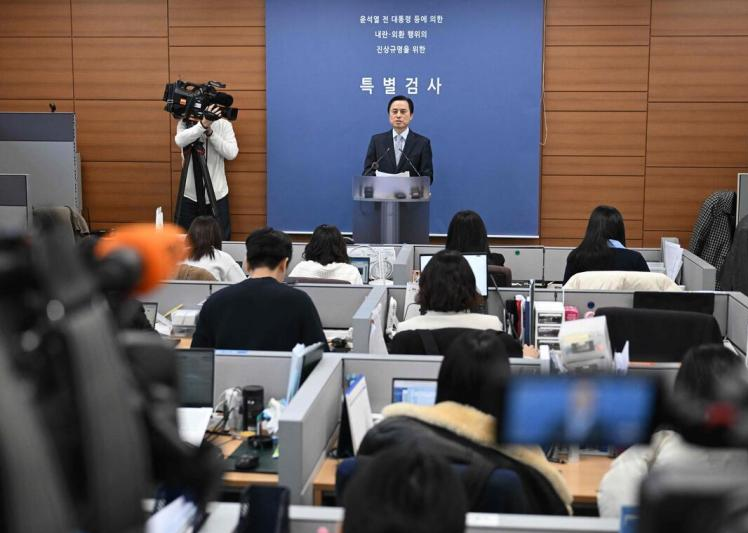
Recently, Google announced an ambitious plan to launch commercial quantum computing applications within five years. This news is like a stone thrown into a calm lake, causing ripples in the global technology community. It not only marks a crucial step for quantum computing technology to move from the laboratory to the market, but also indicates that the competition among global technology giants in this cutting-edge field will become even more intense.
Google's journey in quantum computing began many years ago, when other tech giants were still hesitating and watching. Google has quietly laid out, invested huge amounts of money and resources, and is committed to the development of quantum computing hardware and software. Its quantum processor "Sycamore" achieved quantum supremacy in 2019, which is billions of times faster than the fastest traditional supercomputer on specific tasks. This milestone event has witnessed the enormous potential of quantum computing worldwide.
Now, Google's five-year commercial plan is undoubtedly a further exploration and release of this potential. This plan not only means that Google has made significant progress in quantum hardware stability, error rate control, quantum bit quantity, etc., but also indicates Google's deep layout in quantum algorithms, quantum software, and quantum application ecosystem construction. Google's goal is to promote innovation in multiple fields such as drug discovery, materials science, climate modeling, and financial analysis through the commercialization of quantum computing, ushering in a new era of computing.
However, the commercial path of quantum computing is not smooth. Although quantum computers theoretically have computing power beyond classical computers, they still face many challenges at present. The fragility of quantum bits, maintenance of quantum entanglement, and correction of quantum errors are all key bottlenecks that constrain the practical application of quantum computers. In addition, the application scenarios of quantum computing are not yet fully clear, and how to effectively transform the advantages of quantum computing into actual productivity is also a major challenge facing all practitioners.
But challenges often coexist with opportunities. With the continuous maturity of quantum computing technology, more and more industries are exploring the potential application value of quantum computing. In the pharmaceutical industry, quantum computing can accelerate molecular simulations and shorten the development cycle of new drugs; In the field of materials science, quantum computing can predict material properties and promote the discovery of new materials; In the financial field, quantum computing can optimize investment portfolios and improve risk management capabilities. These application prospects provide vast space for the commercialization of quantum computing.
Google's commercial plan undoubtedly sounded the alarm for global tech giants and ignited their competitive enthusiasm. IBM、 Technology giants such as Microsoft, Intel, and Amazon have increased their investment in the field of quantum computing, not only accelerating the development of quantum hardware, but also actively building quantum computing cloud platforms, opening up quantum programming tools, and promoting innovation and application of quantum algorithms. At the same time, startups such as Rigetti Computing and IonQ have also emerged in the field of quantum computing, becoming an indispensable part of the quantum computing ecosystem through unique technological paths and market positioning.
In this global quantum competition, cooperation and competition coexist. On the one hand, technology giants jointly promote the development of quantum computing technology through sharing quantum computing resources and conducting joint research; On the other hand, they are also fiercely competing in key technologies of quantum computing, vying for industry standards and market dominance.
The proposal of Google's five-year commercial plan is not only an important milestone in the development history of quantum computing technology, but also a strong signal for the global technology community to move towards the quantum era. Although the road ahead is full of unknowns and challenges, the enormous potential contained in quantum computing is enough to inspire humanity's infinite imagination for the future. With the continuous breakthroughs in technology and the continuous expansion of application scenarios, quantum computing is expected to become an important force driving global economic and social development in the next decade, ushering in a new era of computing and gradually making scenes in science fiction movies a reality.

YTN TV of South Korea reported on Tuesday (December 16) that the South Korean court plans to make a ruling on the charges of former President Yoon Suk Yeol for obstructing justice on January 16, 2026.
YTN TV of South Korea reported on Tuesday (December 16) tha…
On December 7, a new round of intense military conflict bro…
Recently, US media disclosed that the Pentagon is planning …
From three launch failures and a brush with bankruptcy to n…
Recently, a major piece of news has emerged in the US polit…
Against the backdrop of the Federal Reserve's third rate cu…